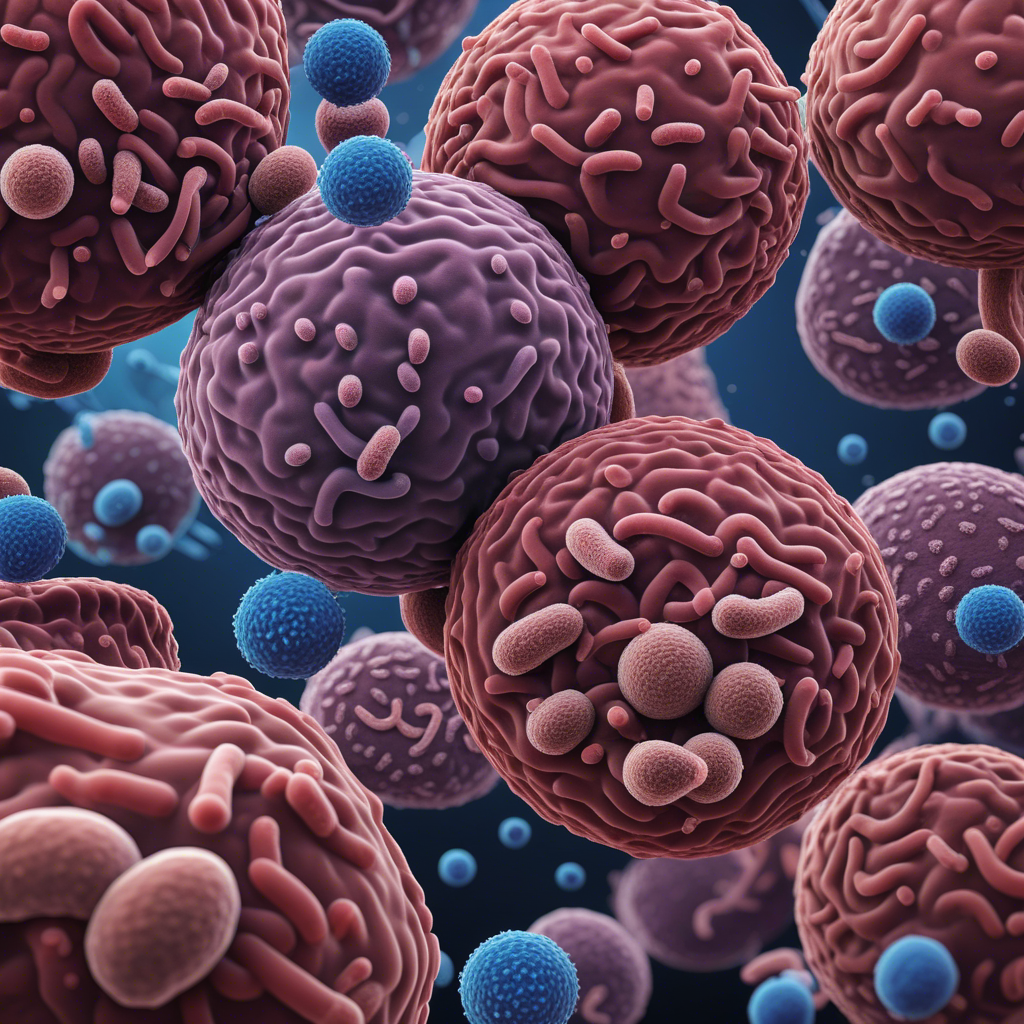When it comes to our overall health and wellbeing, there’s one often-overlooked aspect that plays a vital role: our gut health. The gut microbiome, composed of trillions of microorganisms living in our digestive tract, is responsible for a staggering array of functions, from digesting food to regulating our immune system and even influencing our mood.
In recent years, research has shed light on the critical importance of maintaining a healthy gut microbiome. An imbalance of the gut microbiome, also known as dysbiosis, has been linked to a range of chronic diseases, including obesity, diabetes, inflammatory bowel disease, and even mental health disorders.
In this article, we’ll delve into the importance of gut health, explore the factors that can disrupt the balance of our gut microbiome, and provide practical tips on how to maintain a healthy gut.
What is the Gut Microbiome?
The gut microbiome is a complex ecosystem of microorganisms, including bacteria, viruses, fungi, and protozoa, that reside in our digestive tract. These microorganisms work together to perform a range of functions, including:
- Breaking down complex carbohydrates, proteins, and fats into nutrients that can be absorbed by the body
- Producing vitamins, such as vitamin K and biotin
- Regulating the immune system and preventing the growth of pathogenic microorganisms
- Producing hormones and neurotransmitters that influence our mood and behavior
- Maintaining the integrity of the gut lining and preventing leaky gut syndrome
Factors that Disrupt the Balance of the Gut Microbiome
A range of factors can disrupt the delicate balance of the gut microbiome, leading to dysbiosis and a range of negative health consequences. Some of the most common factors include:
- Antibiotics: Broad-spectrum antibiotics can wipe out both good and bad bacteria, leading to an imbalance of the gut microbiome.
- Poor diet: A diet high in processed foods, sugar, and saturated fats can lead to an overgrowth of pathogenic microorganisms.
- Stress: Chronic stress can alter the balance of the gut microbiome and lead to changes in the way the gut functions.
- Lack of fiber: A diet low in fiber can starve the good bacteria in the gut, leading to an imbalance.
- Environmental toxins: Exposure to environmental toxins, such as pesticides and heavy metals, can disrupt the balance of the gut microbiome.
How to Maintain a Healthy Gut Microbiome
Fortunately, there are many ways to maintain a healthy gut microbiome and prevent dysbiosis. Here are some practical tips:
- Eat a fiber-rich diet: Include plenty of fruits, vegetables, whole grains, and legumes in your diet to provide prebiotic fiber for the good bacteria in your gut.
- Incorporate fermented foods: Fermented foods, such as yogurt, kefir, sauerkraut, and kimchi, contain live cultures that can help populate the gut with beneficial microorganisms.
- Stay hydrated: Adequate hydration is essential for maintaining a healthy gut lining and preventing constipation.
- Exercise regularly: Regular exercise can improve gut motility and boost the immune system.
- Manage stress: Practice stress-reducing techniques, such as meditation or yoga, to help manage stress and promote a healthy gut microbiome.
- Consider probiotics: Probiotics can help populate the gut with beneficial microorganisms and promote a healthy balance of the gut microbiome.
Conclusion
Maintaining a healthy gut microbiome is essential for our overall health and wellbeing. By understanding the factors that can disrupt the balance of the gut microbiome and taking practical steps to promote a healthy gut, we can prevent a range of chronic diseases and maintain optimal health.
Remember, a healthy gut is the foundation of a healthy body. By prioritizing gut health and taking care of our gut microbiome, we can reap the rewards of a strong immune system, optimal digestion, and a healthy, happy life.


